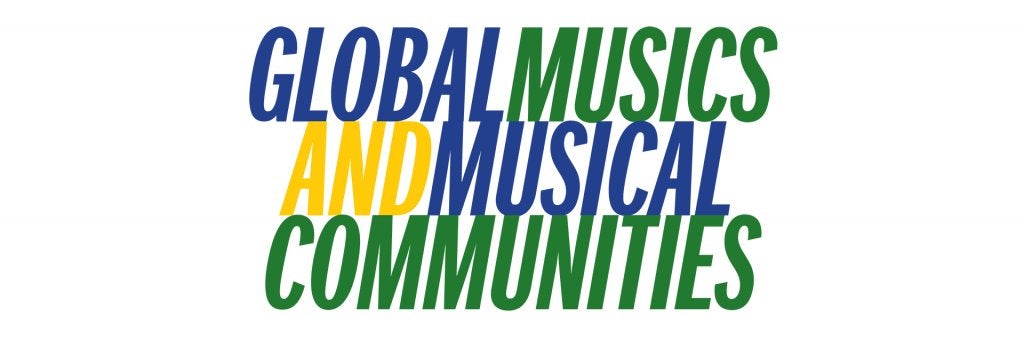“Global Musics and Musical Communities” builds from the question of how certain types of music travel and lead to the formation of new musical communities around the world. Genres such as hip-hop, gamelan, and taiko are examples of musical genres that have become global in the past century. These genres are regularly performed in locales that may have little or no connection to the genre’s country of origin. While cross-cultural musical interaction is neither novel nor surprising, the widespread transmission of these genres to musical communities around the world beginning in the late twentieth century is nonetheless remarkable. Although many important studies of global musics consider how music has traveled via structures of Western imperialism, media technologies, and along diasporic paths, very few have actually engaged in trying to understand the musical reasons as to why certain musical genres move with apparent ease. Indeed, there are certain musics that compel people—who may have little or no connection to the genre’s origin—not just to listen to, but also to learn and perform such genres.
With support from the Center for Musical Humanities and the Department of Ethnomusicology, this interdisciplinary event will be held on May 10-11, 2019 at UCLA. “Global Musics” will include an academic conference, an evening musical performance, and music workshops. The event places music/performance analysis in conversation with global music genres. The objective of the conference is to bring together a community of scholars, music pedagogues, and musicians to explore how and why specific musical genres travel outside their countries of origin and lead to the formation of new musical communities.
We are pleased to invite proposals related to the theme of “Global Musics and Musical Communities.” Papers engaging in historical, ethnographic, music-analytical, and theoretical approaches are welcome. The program committee is particularly interested in papers that address:
- Music and circulation
- Dance, movement, mobility, embodiment
- Rhythm
- (Mis/)translation, transliteration, and transformation of (musical) texts
- Musical transmission and adaptability
- Flexibility in terms of form and improvisation
- Musical community formation and maintenance
- Cross-cultural pedagogies
- Racial and gendered dynamics in the global circulation of music



